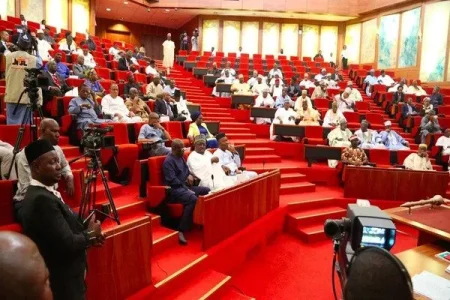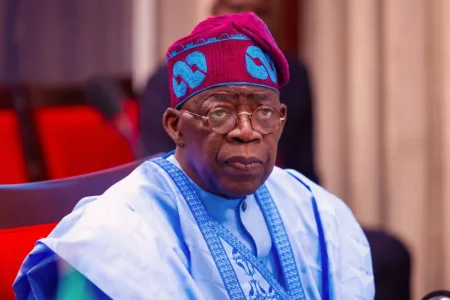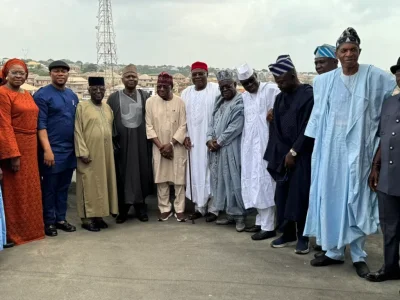
Nigeria’s Senate is debating a bill to hold presidential, gubernatorial, and legislative elections on the same day. The proposal aims to cut costs, boost voter participation, and improve electoral credibility. While many senators support it, concerns remain over INEC’s capacity to manage nationwide elections in one day.
Nigeria’s Senate is considering a major electoral reform that could change the country’s voting system. A bill proposing that presidential, gubernatorial, national, and state assembly elections be conducted simultaneously has passed its second reading.
The bill, sponsored by Senator Saliu Mustapha (Kwara Central), aims to streamline the electoral process, reduce costs, and minimize political tension. Mustapha argued that Nigeria’s current staggered election schedule is expensive and inefficient, with election costs ballooning from N1.5 billion in 1999 to N350 billion in 2023.
"Conducting all elections on the same day will save resources, improve voter turnout, and enhance credibility," Mustapha said, citing examples from the United States, India, and Brazil, where same-day elections are standard practice.
The proposal has gained traction among lawmakers who believe it could strengthen Nigeria’s democracy by curbing the disruptions caused by prolonged election cycles. However, concerns remain over the Independent National Electoral Commission’s (INEC) ability to handle such a large-scale election in a single day.
Senator Adams Oshiomhole (Edo North) cautioned that managing multiple ballots at once could create confusion, especially for voters with limited literacy. "While the idea is promising, we must ensure INEC is logistically prepared to execute this effectively," he stated.
Deputy Senate President Barau Jibrin assured lawmakers that the bill would undergo further scrutiny, with consultations planned to assess its feasibility. If passed, the reform could significantly reshape Nigeria’s election process.




